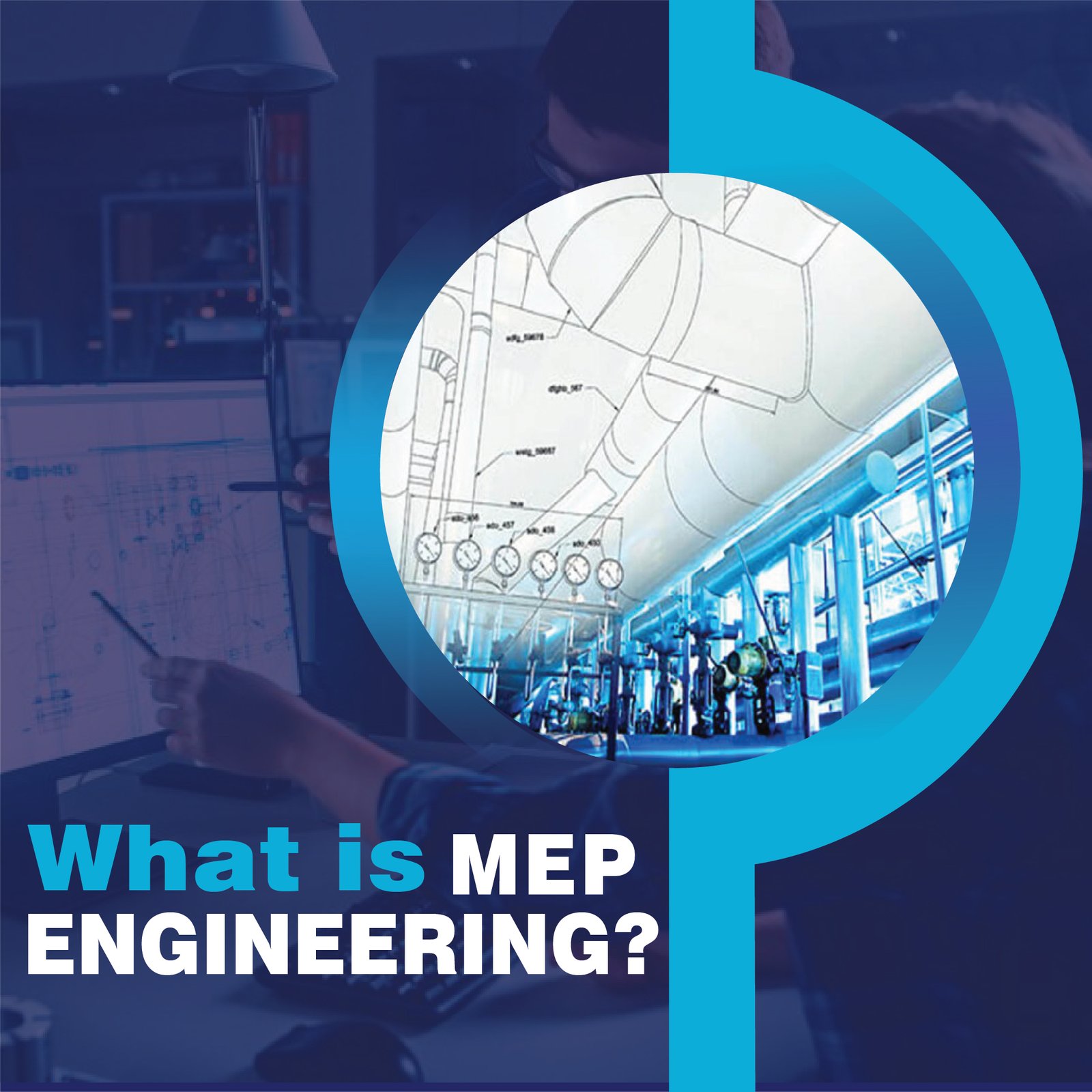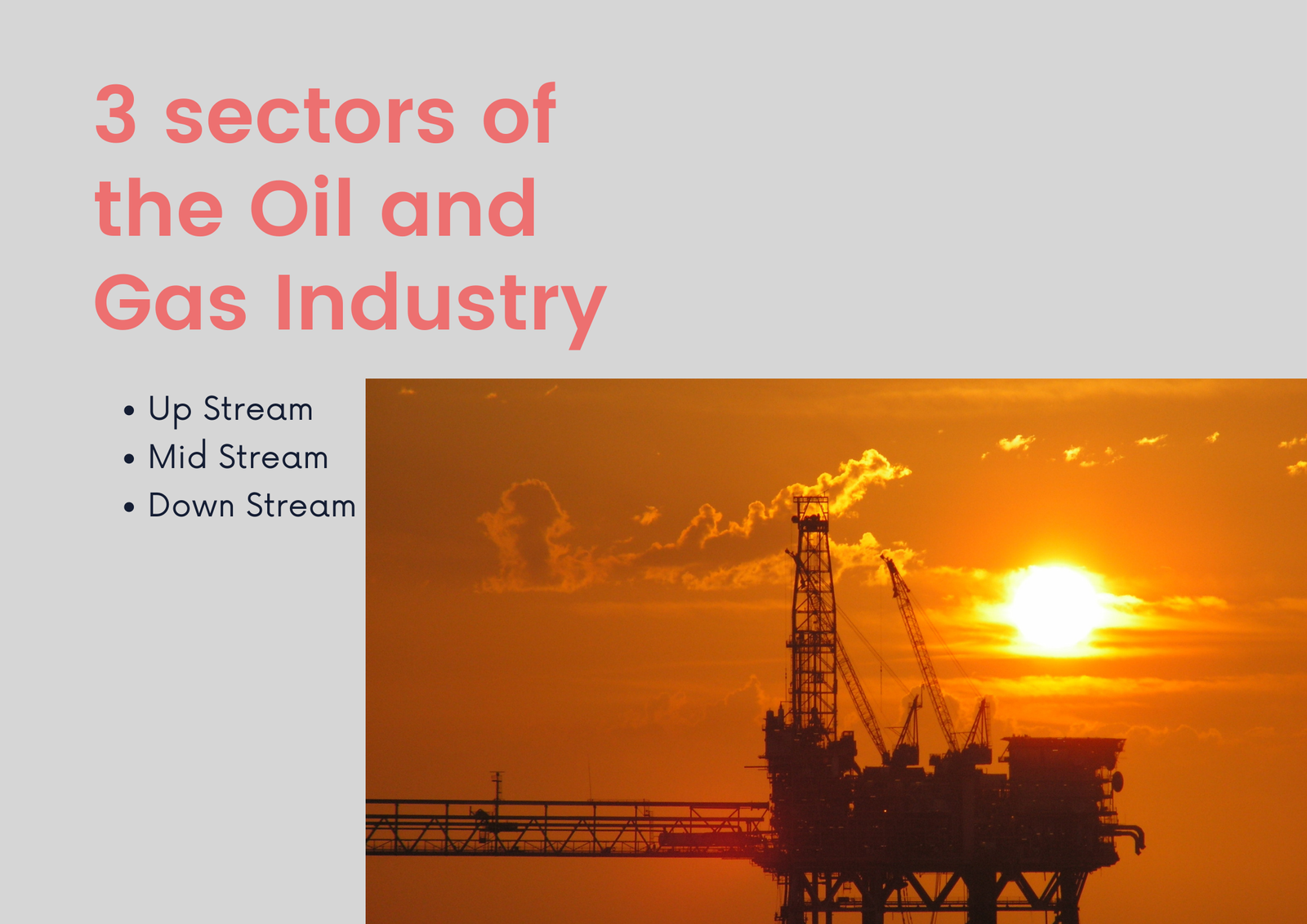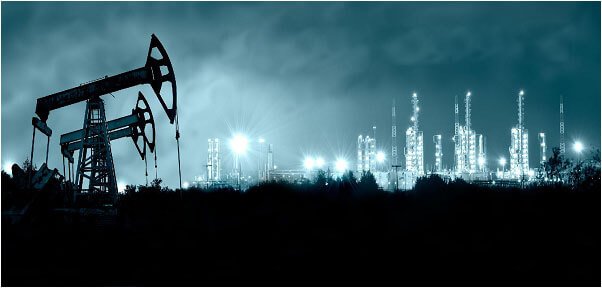Best 7 short-term courses (short-term job-oriented courses) in Kerala
In this post, we will try to answer queries such as what do job-oriented courses and short-term courses mean? Why? What are the advantages of taking these sorts of courses? and so on.
And we have a list of the top seven courses in Kerala.
The first question that blows into your mind after completing a diploma/degree is, “How to get a job?”, “What should I do next?”, “Which industry would be better for me”?
Make up your mind with any job-oriented course for quick and better answers.
The short-term courses designed for students immediately after graduation or pre-graduation studies to find a specific career path or to find a job can be called job-oriented courses. This also helps to step up in the career.
SEO analyst, affiliate marketer, and Google AdWords specialist are much more specific sections of a broad and wide profession of digital marketing. Another example is the medical industry. Ortho paediatrics, cardiologist, paediatrician, gynaecologist, urology, ENT, and Lab specializations…are different specializations for doctors and in the medical industry.
We can say that by profession, the doctor is a very large and broad profession. The doctor’s example is only for ease of understanding, but it can’t say that these are examples of job-oriented courses.
This can be seen in every profession or industry, that is to get specialized by profession in one single sector of a wide industry.
By being professional in one single area you will get in-depth knowledge and will become a master in it. And also;
- Achieve career goals more easily than those who handle all sectors.
- Also, you get a more thorough knowledge of one special sector.
- single directional in career, job-oriented courses in the desired industry can help you a lot.
Graduation is not a specific career path. But it helps to find your dream sector from a lot of industries in the world. graduation subjects are always broad and wide. You can divide a graduation topic into many sub-topics, and you probably get a job in sub-sector
Full-stack Developers, Python Developers, back-end developers, java scrip writers, and mobile application developers… are different types of website development programs. A Computer science-based student can choose any of the above as a career.
Oil and Gas, NDT, MEP, QA QC, and Automobile… are different sectors or also career paths can opt by Mechanical engineering-based students.
Logistics and supply chain management, Digital Marketing, interior designing, graphic designing, photography, beautician, aviation, and fashion designing … are some of the common choices for students from any educational background who wants a career in It.
There are many institutions providing these courses for students in Kerala.
Why should I take a Job-oriented Course or Short term course?
Graduation is considered a good educational qualification in India. But, Graduation in any subject couldn’t give you the necessary practical knowledge for the job in most of all industries. Many companies provide their own practical training after hiring them. But many companies won’t.
At the time of seeking jobs, we compare ourselves with undergraduates with practical knowledge. they still weigh high in the industry. Because they are experienced.
To compete with other experienced candidates in the industry, practical knowledge is necessary. To get that, we can go for a job-oriented course related to the sector. The proper course will give the industrial wisdom that is capable of overcoming their experience of one or two years.
In addition to that, job-oriented courses help you to meet the job recruiter’s needs. Most of them look for the ones with many skills for the particular industry to do the work. Also, you will get an idea about the problems in the workspace during the job.
Benefits you will get after short-term courses
- Professional certification of the industry
- The course provides the Technical, industrial Skills and Knowledge
- Helps to get a job in the desired industry
- You get a boost for success in your career.
- You get an upper hand in the industry
Most job-oriented courses are always designed in a way that, meets the industrial skills and needs of the industry and the jobs. Job-oriented courses are always designed and developed by industry experts from their wisdom to meet the requirements of the sector.
Eligibility criteria for short-term courses?
Those who have a qualification of +2 (pass/ Fail)/ ITI/ diploma/ degree can Join in all most all the courses. job-oriented courses are usually short-term of 3–6 Months.
The best 7 short-term courses
Adi Institute of Quality Engineers Is One of the best, most selected, reputed, famous and well-experienced institutes in Kerala for job-oriented courses.
The courses provided by Adi Institute are;
-
-
- Diploma in oil and gas engineering course
- QA QC Course
- MEP course
- HVAC course
- NDT courses
- Ac technician course
- Logistics and supply chain management course
- Hospital Administration
- Interior design Course
Diploma in Oil and Gas
There will be no opposition in that the oil and gas industry is one of the biggest industries in the world in India in terms of dollar value.
India is the world’s 3rd largest consumer of the crude world as per the statics of 2019 on Wikipedia.
The oil and gas industry is one of the industries that can impact one country’s GDP. We saw Its rise and fall are always immediately affected by the GDP of a country like India in recent years. Commodity prices will change with the change in the price of essential oils like petrol and diesel.
The oil and gas industry has created millions of job opportunities in recent years. New job opportunities are always emerging in the oil and gas industry.
You can get a job and build a career in this industry through a job-oriented course.
The Adi Institute is offering a Diploma in Oil and Gas Engineering course for candidates interested in finding a job or also to get a hike in a career in the oil and gas industry.
MEP course
MEP stands for Mechanical Electrical Plumbing. these are 3 aspects of any type of building.
The Mechanical deals with heating, ventilation and air conditioning circuits and other things related to it.
Electrical is related to electrical wiring circuits and the equipment related to it.
Plumbing water plumbing circuits and water treatments.
MEP Course designed is for you to design these 3 aspects without any problems. Adi Institute’s MEP course covers all the topics and also; planning, documentation, cost estimation, operations and maintenance.
Non-Destructive Testing is a course that is most preferred for students in a mechanical stream background (education level). 8 types of testing methods are covered in this course. You will get level 2 NDT certification when you complete this course.
HVAC means Heating Ventilation and Air Conditioning. HVAC is dealing with designing, maintaining and conditioning air duct circuits, and air condition accessories in a building for a better and ideal temperature.
HVAC is applicable in any type of building. Such as hotels, restaurants malls, shopping complexes, flats…
This course is designed and developed by the Adi Institute. This course covers all the basic fundamentals of HVAC designs
Interior designing course
The interior designing course is ideal for those who have a passion for it. To become a good interior designer, you need some special talent within yourself. Else you won’t become a good interior designer. This is more artistic work than technical work. If you have some talent within yourself, the course will help you to dig it out.
Industry experts in Adi Institute of quality engineers is a specially designed course. The main aim is for delivering maximum info and knowledge for flourishing the maximum ability within the student.
The main topics covered in Interior Designing Course are AutoCAD 2D & 3D, 3dsmax, Revit architecture, photoshop, V-ray, google sketch, …
Since the arrival and growth of the e-commerce industry In India, the Logistics and supply chain industry has developed. Pundits said that there will be 2.3 million job opportunities in the logistics and supply chain industry before 2023.
The Adi Institute is one of the best in Kerala for Logistics and Supply Chain Management course providers for the past 5 years.
After the course, you will get a certificate in logistics and supply chain management. It will help you to get an upper hand in job interviews
This course is designed by experienced faculties and industry experts to expose students to the challenges of managing supply networks and enable them to understand inter-frame and intra-frame technology.
The hospital administration course is one of the most in-demand management courses in Kerala. The first jobs that come to our mind when we say about hospitals are Doctors and Nurses. But a hospital consists of more administrative staff than medical staff, Therefore getting a job in a hospital is not a difficult task. In order to get a job in the administrative department, one has to do a diploma in hospital administration course which is a 6-month duration course. The minimum qualification to do the course is plus-two.
If you are a graduate, it is advisable for you to do the PG. Diploma in Hospital administration, which is a 12-month course. Adi institute provides both diploma and pg diplomas in Hospital administration
Quality assurance is one of the most important sections of any industry and sector. Quality is one of the primary and mandatory aspects of any product or service. It is very difficult to maintain or improve quality. A QC inspector’s help will always need in any company.
The main duties of the QC inspector are following;
- Assure the quality of one product/service
- Assure a good working atmosphere for workers by inspecting the quality of tools and equipment inside the workspace
- Maintain the workspaces and tools in a good condition.
Adi Institute’s QA/QC course is a short-term job-oriented course for students trying to get a job QA QC sector. The basic qualification needed for the course is any diploma or B.E (Bachelor of Engineering)
AC Technician and Refrigeration (HVAC Technician) course
AC Technician course is ideal after the pre-graduation studies (+2, ITI, Diploma).
The course is available at the Adi institute of quality engineers. You will be qualified as an AC technician or HVAC technician after the course.
For the details about the best management courses click here





















